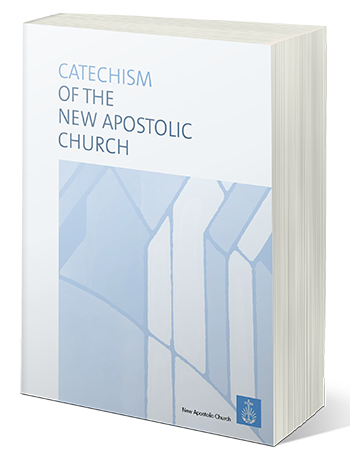Midweek Devotional: 3 June 2020
James 5: 16b
Introduction
The Bible text for today’s devotional can be found in the final chapter of the letter of James. It expresses the hope that prayer can be helpful in difficult or even hopeless situations in life and underlines the point that prayer requires faith and trust (James 5: 15–18). The explanation concludes with a reference to the powerful prayer of the prophet Elijah.
How we pray
Our Bible passage speaks of the prayer of the righteous. In biblical terms, the righteous person is the one who believes in God and trusts in Him in all situations. This is because being faithful includes the certainty that God loves us and wants our salvation.
The fervent prayer
We are allowed to speak to God about everything that affects, concerns, and burdens us. But we should remember that prayer is a conversation with God and not a list of wishes. The epistle of James states that prayer is only able to do something if it is fervent. The Lord’s Prayer shows us what is meant by this.The prayer begins with the respectful and solemn address: “Our Father in heaven.” God, the creator of heaven and earth, is our Father; the giver and sustainer of our life. The request, “Your kingdom come,” goes far beyond a personal request and takes humanity, the world, and even the entire visible creation into consideration. We are filled with the wish that Jesus may soon come again and that the fulfilment of the kingdom of God may begin!We see that the person praying should first of all be concerned for salvation, the salvation of the world, and their own salvation. At the same time, they entrust themself to the will of God, by praying, “Your will be done,” which comes from the recognition that the will of God is the standard by which all human beings should live. Only then comes the request for “our daily bread”, which includes all that we need for our earthly life.
A fervent prayer is also a concentrated prayer. Even if we can always pray and connect with God in our daily life, it is nevertheless necessary to take time for prayer. If we do take time, then it is possible not only to speak to God, but at the same time to listen to Him. A fervent prayer frees us from our focus on that which is material and part of our everyday life and leads us into oneness with the will of God.
WG DSG 06/2020


